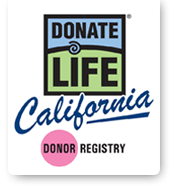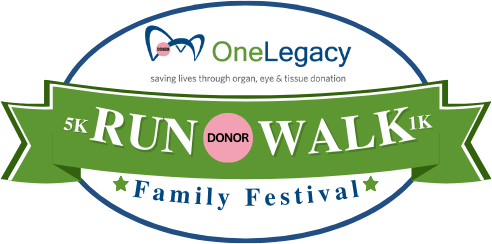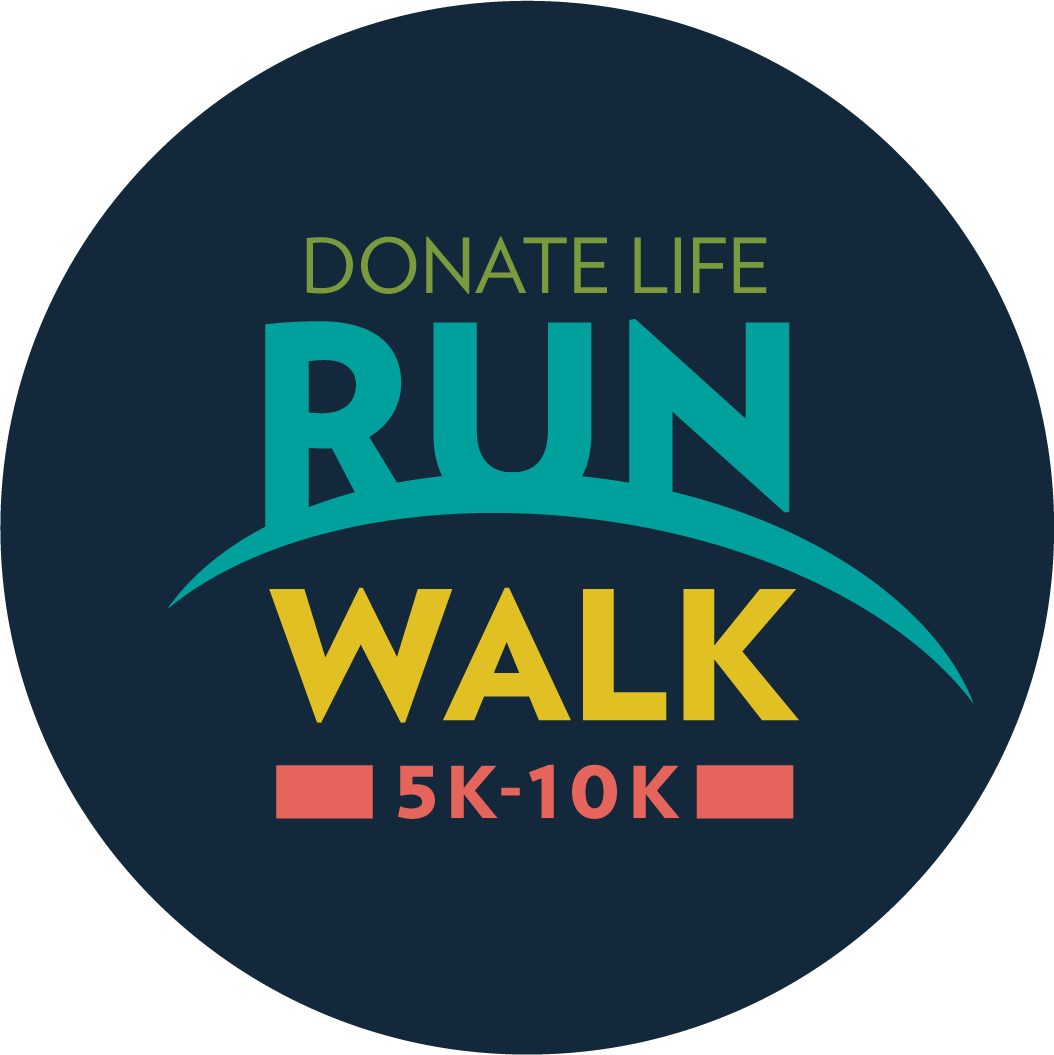There are many questions about organ donation that come up when you’re making decisions on becoming a donor, working on your end of life plans, while watching a tv show that touches on the issues, and so many other times in life.
We hope we can answer your questions on this page and around this site. If you have additional questions please do not hesitate to contact us with your questions.







